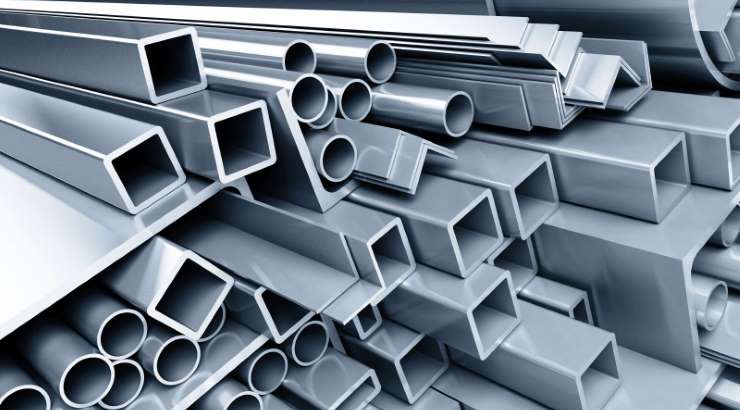Materials & Supplies
Why Investors Are Splashing Cash on Kenya Steel Factories
Investors are rushing to meet the rising demand for the material.

Massive infrastructure spending in Kenya is driving robust demand for steel products and fuelling multi-billion shilling investments in steel manufacturing projects.
From locals building new factories and expanding production capacities of existing ones to foreigners seeking to make inroads in the country, at least Sh50 billion in steel mills are expected soon to meet rising demand.
Bangladesh Steel Re-Rolling Mills Ltd (BSRM) one of Bangladesh’s largest is, for example, planning to set up a Sh6.5 billion factory at a yet-to-be-disclosed location in Kenya in a move that is expected to help the country reduce its reliance on steel importation.
The factory, which has a production capacity of 400 metric tonnes of BMS bars and sections a year, will be undertaken by the company’s local subsidiary, BMS Steel Limited – which is backed by unnamed Kenyan, Mauritian and UAE investors.
“The company has informed us that the board of directors has decided to make an equity investment of Tk. 39.00 crore (approximately) equivalent to $4.67 million (representing 18 percent) in BMS Steel Limited a new joint venture company, formed in Kenya along with investment partners from Mauritius and United Arab Emirates,” said the Dhaka Stock Exchange-listed steel firm in a local regulatory notice last month.
The proposed company will compete for business with local players including Devki Group, Tononoka Steel, Jumbo Steel Mills, Steel Makers Limited, Prime Steel Limited, and Apex Steel.
In July, family-owned building materials maker Devki Group announced plans to invest Sh45.5 billion to build East Africa’s first raw steel production factory in a move that will give local steel products manufacturers access to cheaper industrial steel.
RELATED: Devki Group Unveils Sh30bn Virgin Steel Factory in Kwale
The Kwale-based factory will be East Africa’s first raw steel production plant and it will seek to utilise locally sourced iron ore.
Devki chairman Narendra Raval says the factory will create about 1,600 direct jobs and 9,000 indirect opportunities in related activities such as iron ore mining and transportation when it starts production later in the year.
“Only South Africa has an industrial raw steel production plant and we plan to give Kenya steel products manufacturers cheaper access to industrial raw steel,” he said.
The steel factory, said Mr Raval, will operate blast furnace technology for main steel manufacturing using internally generated power supplemented by the supply from the grid.
The plant will have a capacity to produce 500,000 metric tonnes of steel, which Devki hopes will help Kenya avoid importation of industrial steel products.
Local steel factories rely on industrial steel imports as well as scrap metal to manufacture TMT bars, steel tubes, angle bars and barbed wire nails among others. This is a costly venture that has now prompted Devki Group to invest in the proposed mega factory.














